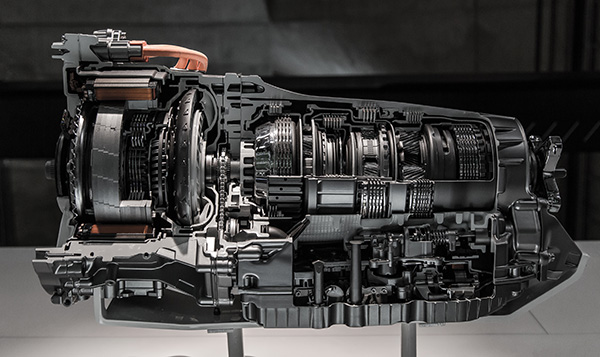
Experiencing engine shakes during gear changes can be disconcerting, leaving you worried about potential underlying issues. If you've noticed your car's engine trembling or shaking when shifting gears, it's important to address the problem promptly. This phenomenon can be a sign of several mechanical issues, ranging from minor to serious. Let's explore the common causes of engine shaking during gear changes and what you can do about it.
1. Worn-Out Motor Mounts
Motor mounts play a crucial role in stabilizing your engine and absorbing vibrations. When they wear out, they lose their ability to perform these functions effectively.
Why It Happens
Over time, the rubber in motor mounts deteriorates, and the mounts can no longer hold the engine securely in place. This can lead to increased engine movement and vibrations during gear changes.
What You Should Do
Have your motor mounts inspected by a professional. If they are worn or damaged, replacing them can restore smooth gear shifts and reduce engine shaking.
2. Faulty Transmission Components
The transmission transfers power from the engine to the wheels. If the transmission system is hampered, this can manifest as shaking during gear changes.
Why It Happens
Faulty transmission components, such as worn gears or bearings, can cause misalignment and vibrations when shifting.
What You Should Do
A thorough transmission inspection by a certified technician is necessary to diagnose and fix the issue. This might involve repairing or replacing the faulty components.
3. Engine Misfires
Engine misfires occur when one or more cylinders fail to ignite properly, causing an imbalance in the engine's operation. This can lead to shaking, which is especially noticeable during gear changes.
Why It Happens
Misfires can be caused by issues such as faulty spark plugs, bad ignition coils, or fuel system problems.
What You Should Do
If you suspect an engine misfire, have your vehicle diagnosed with a scan tool to identify the specific cause. Replacing faulty spark plugs or ignition coils often resolves the issue.
4. Clutch Problems in Manual Transmissions
For those driving a manual transmission, clutch problems can be a significant cause of engine shaking during gear changes.
Why It Happens
A worn or slipping clutch can struggle to engage and disengage smoothly, causing the engine to shake.
What You Should Do
If you experience clutch issues, such as difficulty shifting gears or a burning smell, it's time to have the clutch inspected. Depending on the extent of the wear, you may need to adjust, repair, or replace the clutch.
5. Fuel System Issues
An imbalanced fuel-air mixture can cause the engine to shake, which is particularly noticeable when shifting gears due to the change in load and RPM.
Why It Happens
Problems like clogged fuel injectors, a dirty fuel filter, or a failing fuel pump can disrupt the proper fuel supply to the engine.
What You Should Do
Regular maintenance, including fuel system cleaning and replacing the fuel filter, can prevent these issues. If you suspect fuel system problems, have a professional perform a thorough inspection.
6. Exhaust System Problems
Issues within the exhaust system can also contribute to engine vibrations. A damaged exhaust manifold, leaks, or clogged catalytic converters can all cause shaking during gear changes.
Why It Happens
The exhaust system plays a role in managing the engine's emissions and reducing noise and vibrations. When it's compromised, these vibrations can become more pronounced.
What You Should Do
Have your exhaust system checked for leaks or damage. Repairing or replacing the faulty components can alleviate the shaking.
Don't ignore the signs! Get your car checked at Complete Automotive to diagnose and fix engine shaking issues.